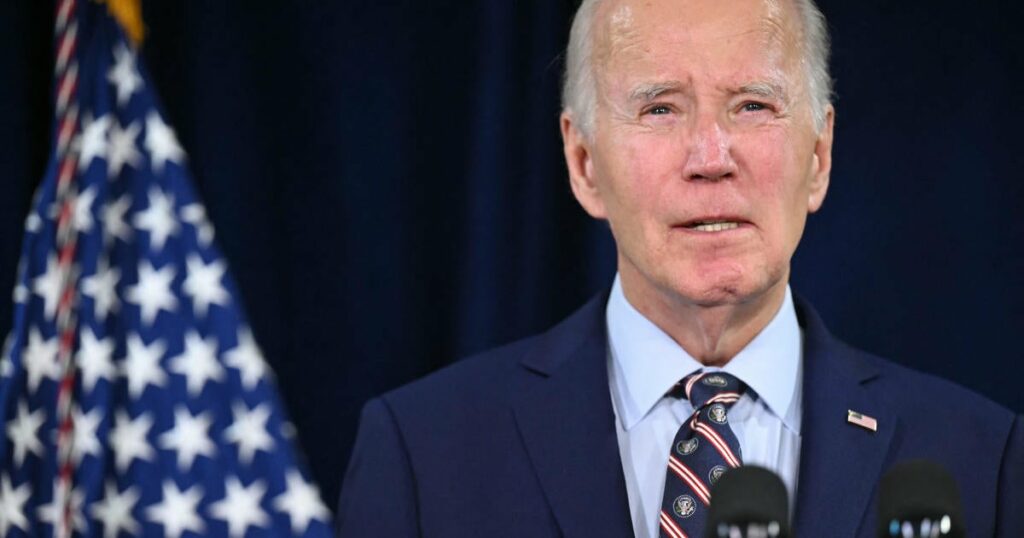
CBS News has learned that President Biden is likely to make a decision regarding the proposed acquisition of U.S. Steel by Nippon Steel as soon as this Friday.
According to sources familiar with the process, Mr. Biden’s top advisors have been having extensive discussions with him about whether or not to approve the deal, which has a value of $14.9 billion. The President himself had previously expressed opposition to the acquisition, stating that it is crucial for U.S. Steel “to remain an American steel company that is domestically owned and operated.”
In recent days, Secretary of State Antony Blinken has also spoken directly with the President about the matter.
It’s worth noting that U.S. Steel has indicated that if the President blocks the acquisition, they will likely file lawsuits, including against the Biden administration. Additionally, Cleveland-Cliffs, which lost its bid for U.S. Steel, could also be named as a defendant, along with U.S. Steelworkers president Dave McCall.
Meanwhile, Nippon Steel, headquartered in Japan, has proposed giving the U.S. government direct veto authority over any changes to U.S. Steel’s production capacity. This represents a minor adjustment from an earlier recommendation made by the Committee on Foreign Investment in the United States (CFIUS), which was intended to alleviate concerns that the acquisition could lead to a decline in domestic steel output and a reduction in workforce.
Interestingly, it appears that Trade Representative Katherine Tai, who is a member of CFIUS, has been opposed to the deal due to its potential impact on labor. In contrast, other agencies with seats on CFIUS, including the Justice, Treasury, and State Departments, do not have any objections.
It’s important to recall that an earlier proposal suggested the appointment of an independent majority-American board by CFIUS to make decisions regarding production. This proposal was submitted to the White House for Mr. Biden’s review just yesterday, Monday.
Surprisingly, Nippon Steel’s latest proposed change in the mitigation agreement would grant the U.S. government full decision-making power over changes to production capacity at U.S. Steel’s mills in Pennsylvania, Indiana, Alabama, Texas, California and Arkansas without approval.
Source: www.cbsnews.com


